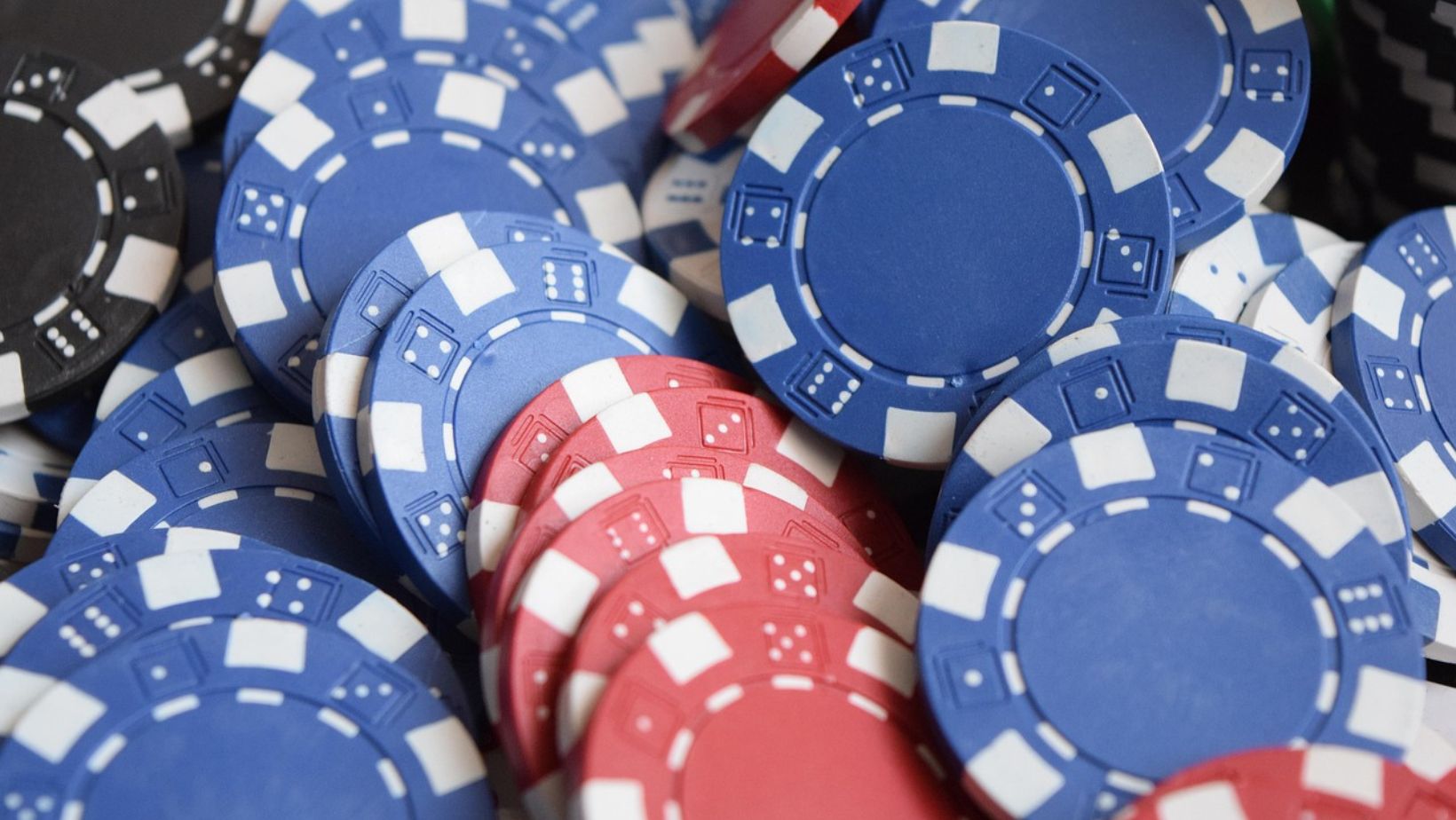In “Replay,” his first solo graphic novel, video game creator Jordan Mechner traces a story that connects watercolors of Hitler, the Apple II, his grandfather’s exile from Austria in 1938, and the famous video game, which is not 22Bet login, even though it’s a nice website pour betting.
Time is not linear. This belief is explained by the nameless prince’s frequent use of a dagger that allows him to turn back time or slow it down.
“Many see time as a sure and calm river. But I saw its true nature, and I can tell you: they are wrong. Time is like an ocean in a storm.” In the video game Prince of Persia: The Sands of Time, released on PlayStation 2 and PC in 2003, it’s the hero’s credo: time is not linear. This belief is explained by the nameless prince’s frequent use of a dagger that allows him to turn back time or slow it down.
This assertion, Jordan Mechner, the American creator and programmer of the original Prince of Persia (1989), screenwriter of the game The Sands of Time but also of the Disney film of the same name shot in 2010, made it his own. “It’s something that people who have lived through a great disaster always have in mind. They dream of being able to go back,” he says in very good French, thinking of the members of his Jewish family who emigrated to the United States at the time of the Second World War.

In the graphic novel Replay – Memoirs of a Family, the first comic book that he signs alone after having scripted an adaptation of Prince of Persia in albums and a historical series – Templiers –, Jordan subtly underlines the existence of strange temporal echoes which through the tumultuous history of his family, the Mechner-Ziegler. This merges with that of the 20th century.
Reverse Path
Her grandfather Adolph was born in the town of Czernowitz, which at the time was part of Austria and has since belonged to Romania, the Soviet Union, and then Ukraine, where it is still located today. Hui (called “Chernivtsi”). He was a soldier in the First World War and had the intuition, as early as 1938, that it was dangerous for him and his family to stay longer in Austria.
Then begins an incredible period when Adolph, before leaving for Cuba, makes a detour via France to leave his sister Lisa – one of Replay’s most admirable characters – Franzi, Jordan’s father. Meanwhile, Hedy, Adolph’s wife, is waiting in Austria for her visa for the United States with their daughter Johanna. Jordan’s grandfather recorded everything in four binders containing a thousand pages typed on a typewriter – the introduction can be read here.

“If I called my book Replay, it is because replaying constitutes the main mechanics of video games, underlines Jordan, but also because I sometimes have the feeling of redoing things that took place before I was born. Themes are repeated, such as transmission, changing countries, and starting over to try to build something new. There are the doors it opens and the things we leave behind. And also the feeling of being a bit of a stranger in your own country. It happened to me as a child without knowing why. I lived in New York, yet I was American. But, deep down, I felt different, maybe because my father was foreign, my family was Jewish, and I liked video games before it became mainstream.”















